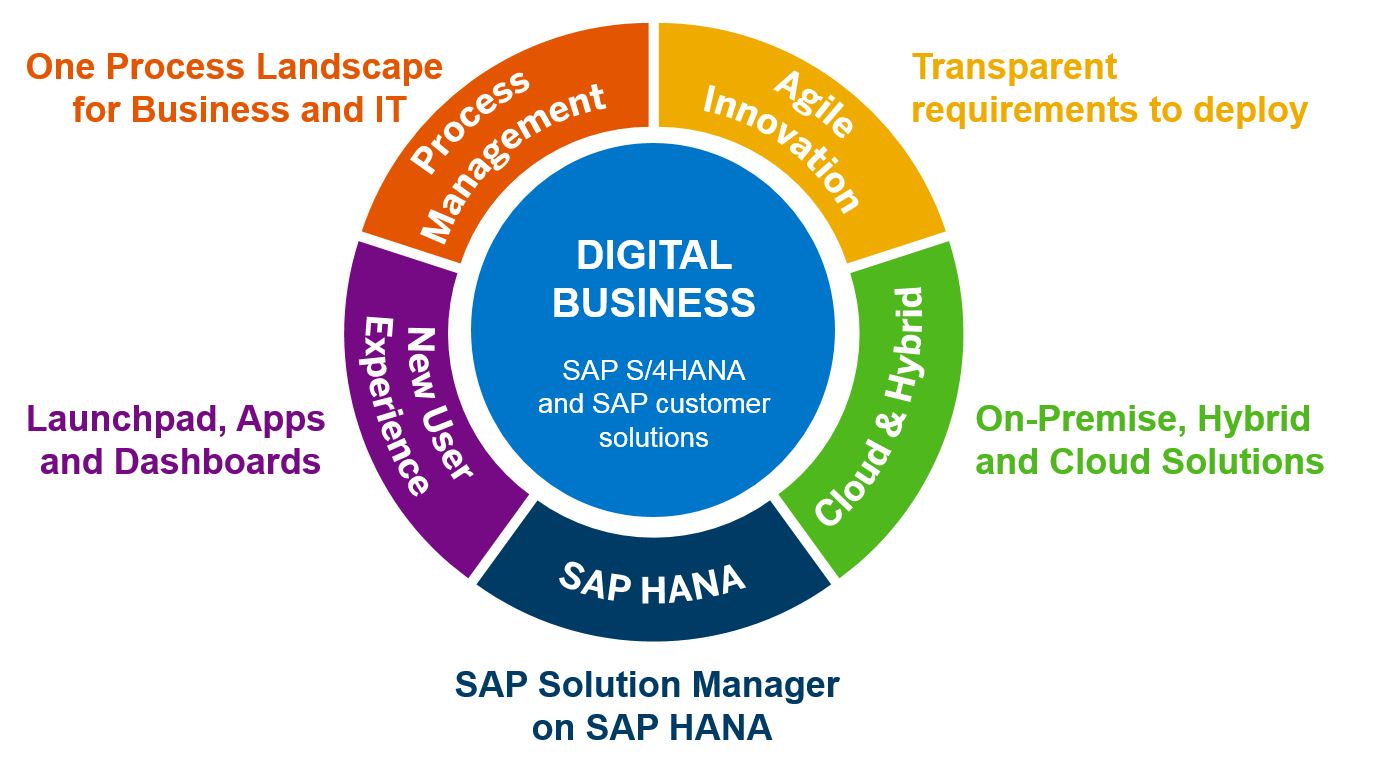Coaching for Success: The Role of Continuous Learning in Career Development

In the ever-evolving landscape of career development, continuous learning has risen to prominence as a crucial determinant of success. It acts as the propellant that keeps the momentum of professional growth and evolution alive. Amidst the myriad tools and strategies that facilitate continuous learning, one stands out due to its personalized and impactful nature – coaching.
Coaching, with its unique blend of personalized guidance, feedback, and support, serves as a powerful catalyst in the continuous learning journey, propelling professionals toward their career goals. A key component of this transformative journey is access to a diverse and experienced coaching network, which brings together a multitude of expert coaches, each with their unique insights and approaches to foster continuous learning.
The Importance of Continuous Learning in Career Development
In the whirlwind of today’s career landscape, where change is the only constant, the capacity to continuously learn and adapt is not just a valuable asset—it’s an absolute necessity. Continuous learning arms professionals with the updated skills and knowledge they need to stay relevant and competitive in their respective fields. It instills a sense of adaptability, enhances problem-solving capabilities, and fosters a culture of innovation. The manifold benefits of continuous learning for career progression include:
- Adaptability
Continuous learning cultivates a mindset of adaptability among professionals. It equips them with the ability to swiftly adapt to changes and advancements in their industry or field, ensuring they remain relevant and effective in their roles.
- Competitiveness
By persistently updating and expanding their skills and knowledge, professionals can maintain a competitive edge in the job market. Continuous learning ensures they are always at the forefront of their field, ready to take on new challenges and opportunities.
- Innovation
Continuous learning stimulates creativity and innovation. It encourages professionals to think outside the box and come up with novel ideas and solutions. This not only enhances their
individual performance but also contributes to the overall innovation capacity of their organization.
The Role of Coaching in Continuous Learning
Coaching emerges as a cornerstone in the edifice of continuous learning. It offers a structured and nurturing environment that fosters learning, growth, and development for professionals. The role of coaching in career development is multi-faceted, offering several key benefits:
- Personalized Learning
One of the most significant advantages of coaching is the provision of personalized learning experiences. Coaches tailor their approach to match the individual’s unique needs, goals, and learning style. This personalized approach ensures that the learning process is highly relevant and effective, leading to better retention and application of knowledge.
- Accountability
Coaches serve as accountability partners in the learning journey. They keep professionals on track with their learning goals, ensuring they stay focused and motivated. This level of accountability often leads to higher commitment and follow-through, resulting in more significant learning outcomes.
- Feedback and Reflection
Coaches provide constructive feedback, offering insights into areas of strength and areas that need improvement. This feedback is crucial for learning and growth. Moreover, coaches encourage reflection, a critical aspect of deep learning. Through reflection, professionals can gain deeper insights into their actions, decisions, and experiences, leading to better understanding and learning.
- Skill Development
Coaches help professionals develop essential skills that are critical for career advancement. These skills can range from technical abilities specific to their field to soft skills like communication, leadership, and emotional intelligence.
- Career Guidance
Coaches can provide valuable career guidance, helping professionals navigate their career paths effectively. They can assist in setting career goals, identifying opportunities for growth, and making informed career decisions.
By playing these pivotal roles, coaching significantly enhances the continuous learning process, making it more targeted, effective, and rewarding.
The Power of Digital Coaching Platforms
Digital coaching platforms are transforming the landscape of continuous learning and career development. They provide professionals with access to a wealth of resources and a coaching network of experienced coaches who have gone through a proven qualification process. The unique advantages of digital coaching platforms include:
- Accessibility: Digital coaching platforms make coaching accessible to professionals, regardless of their location.
- Flexibility: These platforms offer the flexibility to learn at one’s own pace and convenience.
- Diverse Expertise: Digital coaching platforms provide access to coaches with diverse expertise, allowing professionals to find a coach that aligns with their specific needs and goals.
Key Focus Areas in Coaching for Career Advancement
Coaching for career advancement zeroes in several pivotal areas:
- Leadership Acumen: Coaches aid professionals in honing their leadership acumen, encompassing aspects like strategic foresight, decision-making prowess, and adept team stewardship.
- Emotional Intelligence Mastery: Coaches collaborate with professionals to amplify their emotional intelligence, bolstering their capacity to regulate their emotions and empathize with others’ emotional states.
- Career Trajectory Design: Coaches guide professionals in charting their career paths, helping them establish career objectives and devise a roadmap to reach them.
The Long-Term Impact of Coaching on Career Development
Coaching and continuous learning can lead to sustainable career growth. The skills and insights gained through coaching can have a lasting impact on a professional’s career trajectory. Moreover, the ripple effects of coaching and continuous learning extend beyond individual success, contributing to the overall success of the organization.
Conclusion
The role of coaching and continuous learning in career development cannot be overstated. From enhancing adaptability to fostering innovation, continuous learning is a key driver of career success. As the career landscape continues to evolve, professionals must leverage coaching and continuous learning to stay ahead of the curve. After all, the success of a professional is often a reflection of their commitment to learning and growth.




